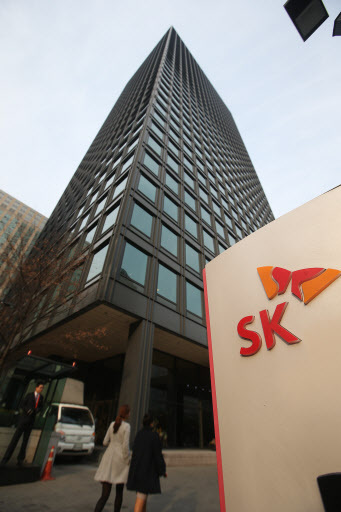[Newsmaker] Is rule of law finding its feet in Korea?
By Park Hyung-kiPublished : March 24, 2014 - 19:46

It had been common in Korea to see those with money and power, such as owners and executives of conglomerates or even their relatives, acting above the law.
Whenever they found themselves in trouble, chaebol would use their status, political connections and wealth to find a way out of the mess they caused.
For instance, chaebol and their affiliates would immediately announce plans to contribute to society by investing and hiring more people, and also step up charity efforts to offset public outcry with the hopes of getting their chairmen out of harms’ way with a slap on the wrist ― otherwise known as a suspended sentence.
It was hard for politicians to ignore these business tycoons, for the conglomerates created the great economic value that powered the country’s growth.
Even when the rich and powerful committed heinous corporate crimes such as accounting fraud, embezzlement or abuse of power, they were often given impunity. Especially those affiliated with the top 10 industrial groups, including Samsung, Hyundai and SK, all for the sake of economic growth.
But the public appears to have had enough, stressing that those who commit offenses should pay the price, whether powerful or not.
The latest Supreme Court ruling against a man surnamed Yoo, who staged a months-long protest against third-largest chaebol SK with a truck parked on the road, for obstruction of traffic sent the signal that no one is above the law.
Yoo’s 2010 protest came after he lost his job following Might & Main’s acquisition of a company at which he was employed. Yoo demanded at the time to talk to SK, which used the logistics services of M&M.
M&M was headed by Chey Chul-won, a cousin to former SK chairman Chey Tae-won who is now imprisoned for embezzlement.
The former M&M chief, in response, assaulted Yoo with a baseball bat. Yoo was compensated according to the number of times Chey swung and hit him.
Chey was sentenced to 18 months in prison with three years of probation and 120 hours of community service in 2011. Yoo was acquitted, but then recently fined 1 million won for obstructing traffic during his protest.
It may be for the public to decide whether these rulings were fair or not.
Some optimists say that these past incidents helped guide Korea toward implementing a legal system that will no longer give favorable or preferential treatment to a particular class.
“Policies and laws promoting fair market and taxation could be seen as one indicator that the country can no longer tolerate misbehavior either from big or small groups,” said an industry source.
“This is clearly the time for all to wise up and become responsible.”
As Korea faces growing public criticism against alleged offenders ― regardless of bloodline and the size of their bank accounts ― the government appears to be determined to maintain strict regulations as a part of economic democratization, showing that no person and no entity can be above the law.
Even the victims.
By Park Hyong-ki (hkp@heraldcorp.com)
















![[KH Explains] Hyundai's full hybrid edge to pay off amid slow transition to pure EVs](http://res.heraldm.com/phpwas/restmb_idxmake.php?idx=652&simg=/content/image/2024/04/18/20240418050645_0.jpg&u=20240419100350)

![[Today’s K-pop] Zico drops snippet of collaboration with Jennie](http://res.heraldm.com/phpwas/restmb_idxmake.php?idx=642&simg=/content/image/2024/04/18/20240418050702_0.jpg&u=)